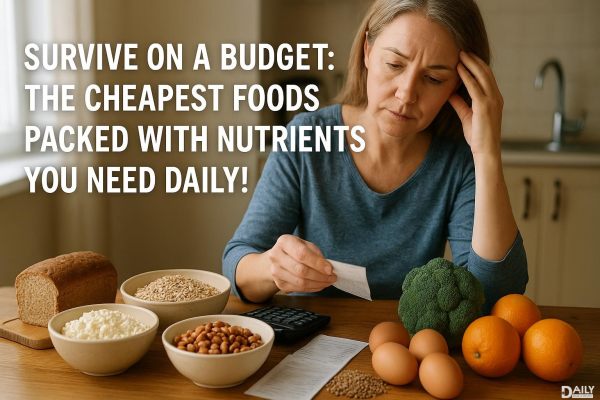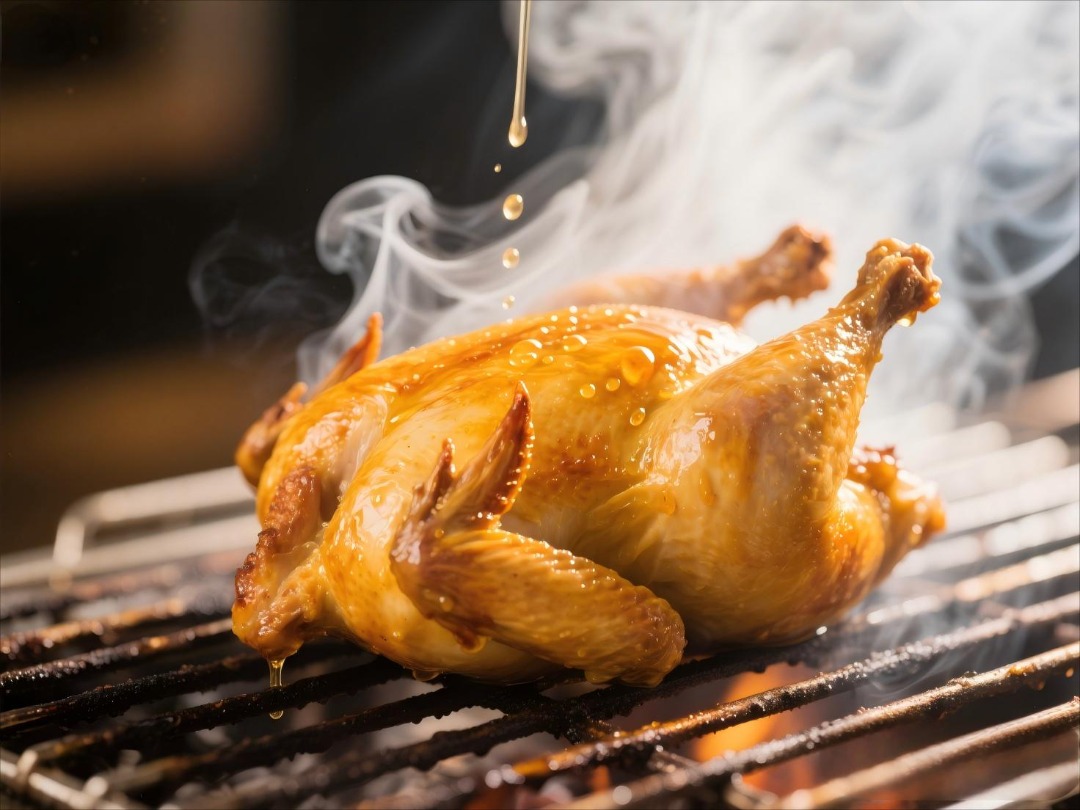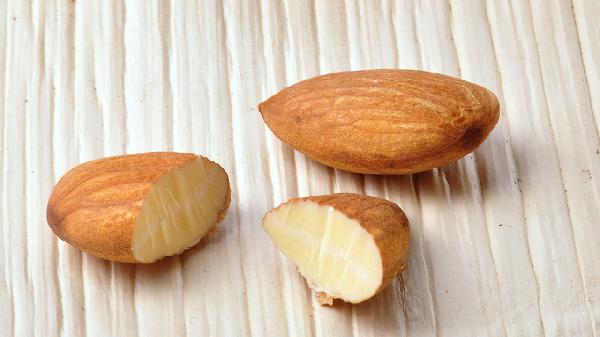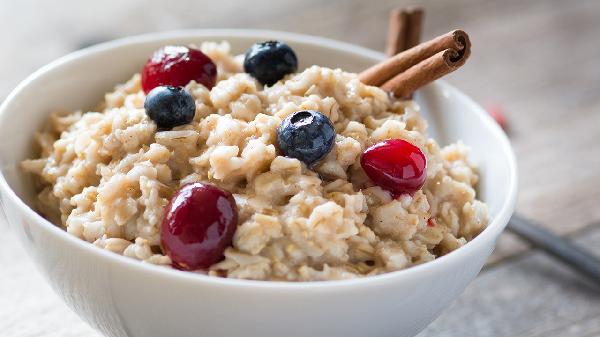Chicken breast is one of the larger pieces of meat on a chicken. Commonly referred to as chicken breast, it is the meat located on the inner side of the chest, shaped like a conical hat, and is part of the chest meat. It has a tender texture, delicious flavor, and is rich in nutrients, making it beneficial for health and wellness. So, how much protein is in 100 grams of chicken breast?

100 grams of chicken breast contains approximately 22 grams of protein. Chicken breast is a low-fat, low-carbohydrate, yet nutrient-rich meat. Per 100 grams, it contains about 74 grams of water, 22 grams of protein, 13 mg of calcium, 190 mg of phosphorus, and 1.5 mg of iron. Additionally, it is rich in vitamins A, C, and E. The protein needed by a normal human body can be provided by 100 grams of chicken breast.
Due to its rich nutritional content, chicken breast is particularly beneficial for individuals experiencing irregular menstruation, dizziness, palpitations, postpartum lactation issues, thirst, edema, and other conditions related to weakness and deficiency. Long-term consumption of chicken breast can also help invigorate the middle and replenish qi, nourish essence, strengthen the spleen and stomach, promote blood circulation, strengthen tendons and bones, and enhance immunity, preventing colds and scurvy.
Chicken breast has a high protein content and is easily digested and absorbed by the body, making it effective for boosting energy and strengthening the body. It contains phospholipids that are crucial for human growth and development, making it one of the key sources of fat and phospholipids in the Chinese balanced diet.
Chicken breast is one of the most common meats consumed. The imidazole dipeptides found in chicken breast have been shown to improve memory function. With its high protein content and easy digestibility, chicken breast is a significant source of phospholipids essential for human growth and development, making it a key component of the Chinese balanced diet. Chicken breast has the effects of warming the middle and replenishing qi, nourishing essence, strengthening the spleen and stomach, promoting blood circulation, and strengthening tendons and bones.
Chicken breast has very low levels of carbohydrates and fat. For weight loss, it is important to control the intake of carbohydrates and fats, especially fats. High in protein, low in fat, low in carbohydrates, low in calories, and affordable, chicken breast meets all these criteria. Chicken breast also provides a strong sense of satiety.
























